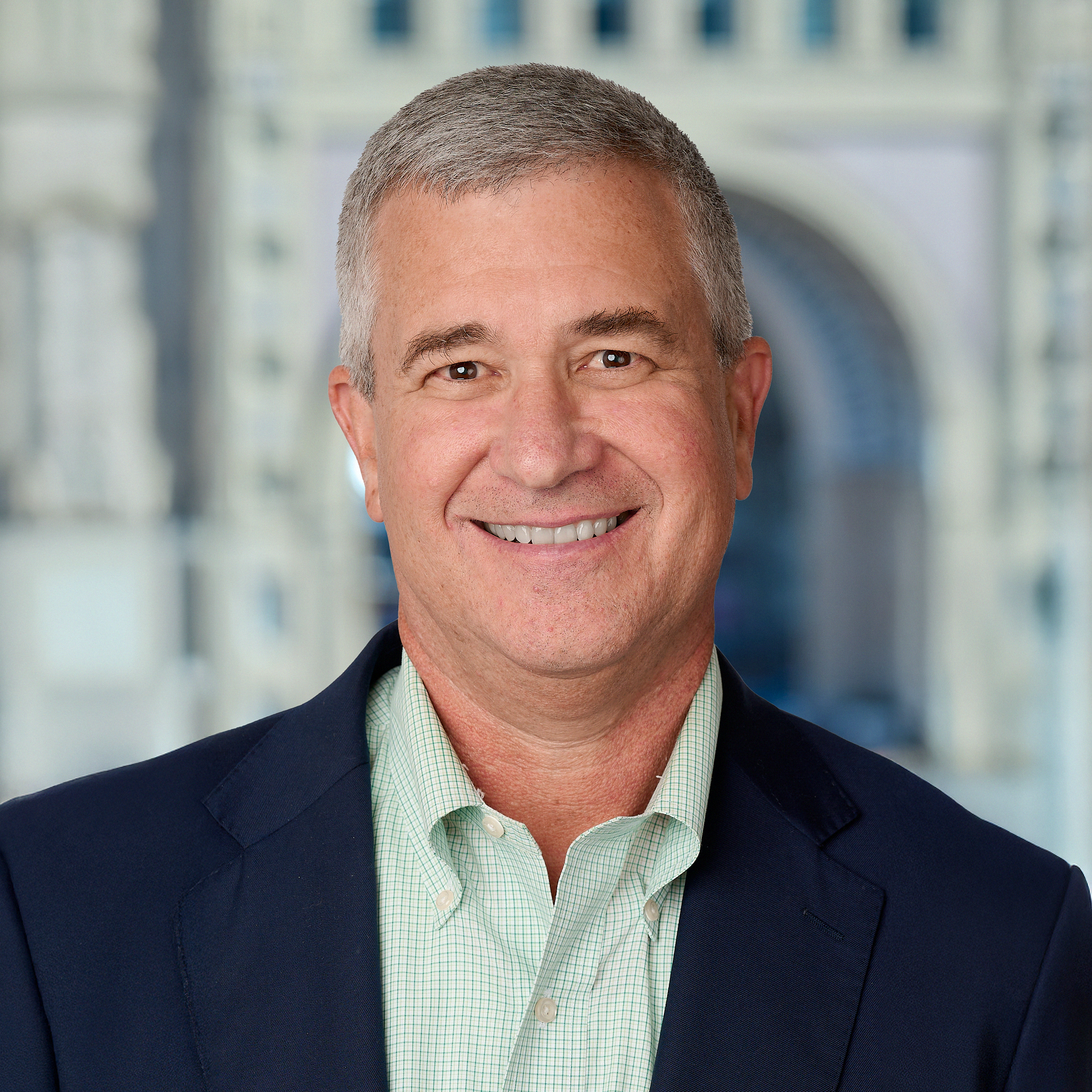Stephen Call on the State of Infrastructure in Healthcare Facilities: Insights from the 2023 IFMA Benchmarking Report
By Healthcare Facilities Network
Aging Infrastructure
1. Aging Infrastructure: A Growing Threat
A central theme of Dr. Call’s findings is the accelerating crisis of aging infrastructure. For the first time, the IFMA benchmarking report attempts to quantify how much healthcare organizations should be spending on capital renewal—the ongoing investment required to maintain existing infrastructure, not new construction.
“We just have not had the capital resources to stay on top of that aging infrastructure.”
Deferred Maintenance
2. Deferred Maintenance and Financial Impact
Approximately 50% of U.S. hospitals are operating in a state of deferred maintenance—meaning they have delayed necessary repairs or replacements due to budget constraints. Deferred maintenance doesn’t just cost more down the road; it often leads to unplanned equipment failures and revenue loss.
“Deferred maintenance doesn’t just cost more — it often leads to unplanned shutdowns and revenue loss.”
Capital Renewal
3. Capital Renewal Benchmarks for Smarter Planning
The report delivers benchmarking for annual capital renewal spending. Facilities managers can now reference data-driven targets for reinvestment based on the size, complexity, and value of their infrastructure.
“Now we actually have some information that can support how much we should be spending annually on capital renewal.”
Infrastructure Value
4. Infrastructure Value as a Better Metric
One of the most powerful insights from Dr. Call’s research is the shift away from using gross square footage as the primary benchmark for staffing and budgeting. Instead, asset value—or current replacement cost—is a stronger predictor of staffing needs and operational costs.
“Asset value, not square footage, is the strongest predictor of staffing and operating costs.”
Compliance
5. Compliance: A Hidden Infrastructure Cost
Compliance consumes about 26% of maintenance budgets. This fixed regulatory burden limits flexibility when budgets tighten and underscores the importance of accurate benchmarking.
“Compliance alone consumes about a quarter of the maintenance budget.”
Utilities
6. Utilities: Location Isn’t Everything
In a surprising finding, geographic location does not significantly impact overall utility expenses. While consumption and rate structures vary, the total costs tend to balance out, simplifying benchmarking efforts.
“We actually didn’t find a statistically significant difference in utility costs by region.”
Benchmarking
7. Benchmarking as a Strategic Tool
Benchmarking isn’t about precision—it’s about positioning. Dr. Call emphasizes that leaders should use these benchmarks as a starting point for deeper analysis, not an absolute prescription.
“Benchmarking helps you know if you’re in the ballpark.”
Conclusion
Dr. Stephen Call’s research brings clarity to the infrastructure conversation in healthcare facilities management. By connecting data to daily realities, he helps facility professionals shift from reactive maintenance to proactive strategy—offering both a wake-up call and a roadmap forward.
The full benchmarking report is available through the IFMA bookstore.
Watch the full episode:
=================================
Disclaimer: We do not accept any liability for any loss or damage which is incurred by you acting or not acting as a result of listening to any of our publications. For all videos on my channel: This information is for general & educational purposes only. Always consult with an attorney, CPA, or financial professional for advice based on your specific situation. Copyright Disclaimer: Under Section 107 of the Copyright Act 1976, allowance is made for "fair use" for purposes such as criticism, comment, news reporting, teaching, scholarship, and research. Fair use is a use permitted by copyright statute that might otherwise be infringing. Non-profit, educational, or personal use tips the balance in favor of fair use © Healthcare Facilities Network.
📬 For Business Inquiries: pmartin@cref.com




